Karibu to the WILDLABS East Africa Community!
Why WE Exist
The East Africa community is the first WILDLABS regional hub. Started in 2022, it provides a space that creates opportunities for members to build their knowledge, skills, expertise, and reach. The idea behind creating the East Africa community spanned from the need to foster connections and collaborations of conservation and technology players in East Africa. We seek to make a genuine positive impact by tailoring resources and opportunities that will help solve conservation challenges in the region.
Follow Our Progress Since 2022
All we do at WILDLABS is firmly grounded on the community we serve and hope to serve! As part of this commitment, we dedicate time and resources to ensure that this platform is a reliable and credible resource to advance one’s knowledge and skills and be a step toward solving some of the most pressing conservation issues we face in East Africa.
We exist to fulfil the needs of conservation technology players in East Africa through resources and opportunities, to add value to their work, to inspire innovation and collaboration, and most importantly, to contribute towards making the world a better place!
What We Hope To Achieve
Purposefully designed to connect conservation technology practitioners and experts based in East Africa, the WILDLABS East Africa community is a great space to access and share conservation technology resources, ask and answer questions unique to the region, collaborate, and generate new, innovative ideas.
We encourage members to fill in knowledge and skills gaps by sharing their work and other resources to reduce and/or eliminate replication, leading to more streamlined and effective solutions. Through the conversations taking place within the community, members are able to connect with each other and get advice to advance their work, careers, and innovative ideas.
We hope to see interactions that generate new ideas that solve regional challenges, encourage innovation, introduce members to new applications of tech in conservation, and spark new questions on conservation tech in East Africa.
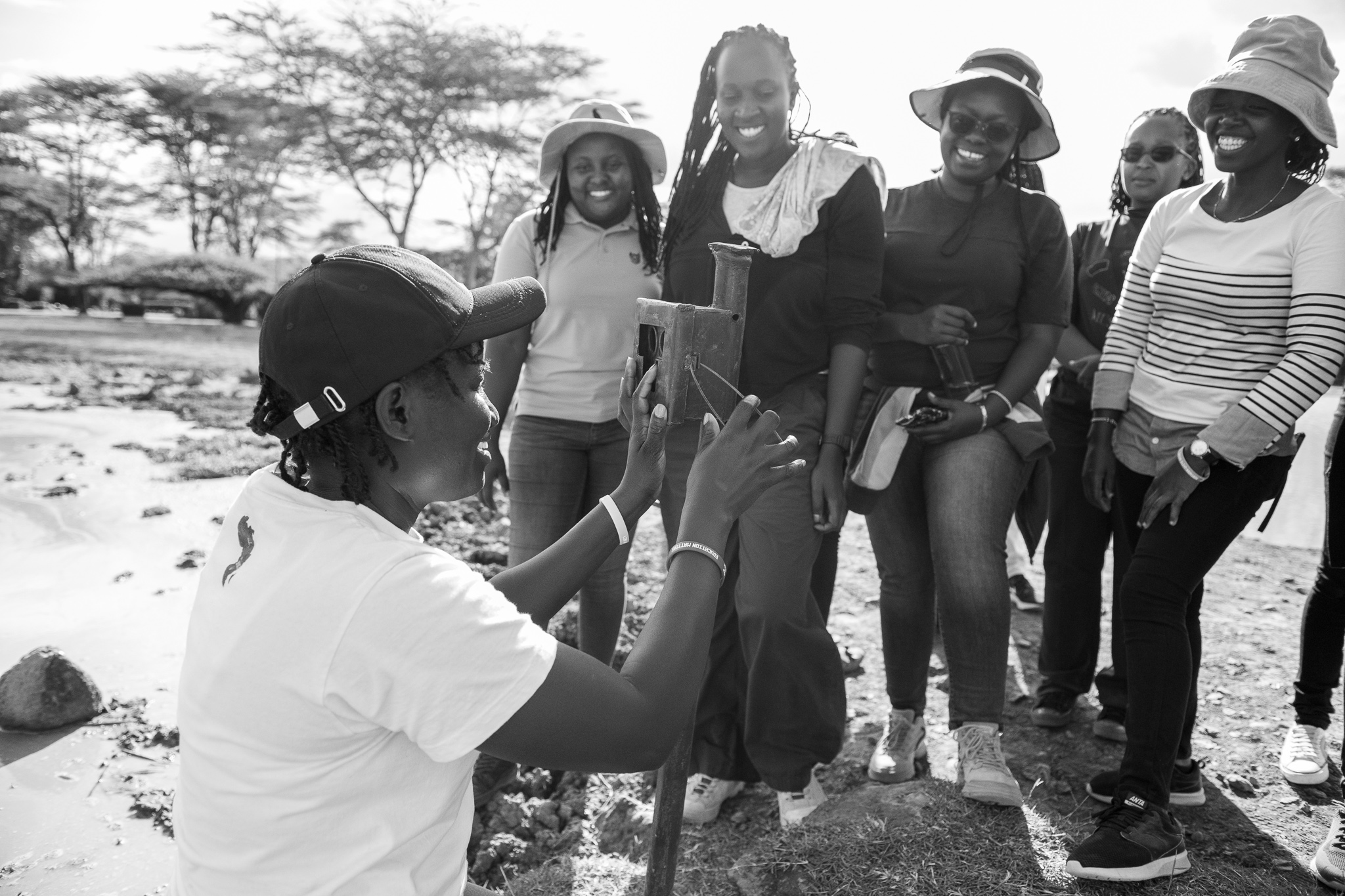
Resources
The WILDLABS team is dedicated to making conservation tech resources accessible to the whole community in a strategic and equitable manner. With a myriad of engaging events, programmes, conversations, and opportunities, the East Africa community will be a great virtual place to build one’s skills, knowledge, and networks. Growing a vibrant and diverse community is made possible by the collaborative efforts of all members through their interactions and their active participation in regional activities organized and supported by WILDLABS.
Some of the resources that will give you a feel of Conservation technology tools and systems implemented in East Africa include:
- Tech Tutors, East Africa
- InConversation, East Africa
- October 2024 East Africa Community Connect: Camera Traps
- December 2024 East Africa Community Connect: Drones
How To Get Involved
Are you keen on getting involved and understanding the intersection of conservation and technology in East Africa? This community offers an exceptional space to learn, share, collaborate and support one another on matters regarding conservation technology in East Africa. From posting articles, engaging in discussions, attending virtual and in-person events, to supporting, applying or taking part in programmes and opportunities in the community, these are some of the ways for you to get involved. The first thing you can do when joining our community is to attend our regular community gathering every other month. View the 2024 event calendar here.

The East Africa community exists because of each of you, and we hope you are happy to join and use the platform for knowledge sharing, collaboration and networking. You can join the community and interact with other members here. Get in touch with Agriphina Cletus and Cathy Njore, our WILDLABS East Africa Group Leaders.
Header Image: @Dylan Habil
Group curators
- @Agripina
- | Miss
Frankfurt Zoological Society
As a wildlife conservationist, I am deeply committed to nature conservation, community empowerment, and wildlife research in Tanzania. I've actively engaged in community-based projects, passionately advocating for integrating local communities into conservation.
- 3 Resources
- 23 Discussions
- 6 Groups
- @SteveL
- | He/him
I am an ecologist developing low-cost tools to support conservation of marine resources
- 0 Resources
- 3 Discussions
- 4 Groups
- @EstherGithinji
- | She/Her
I am the WILDLABS East Africa Conservation Technology Coordinator



- 129 Resources
- 48 Discussions
- 5 Groups
- @NjokiVET
- | She/Her
I am veterinarian practicing in Kenya. I have research interests in the intersect between ecosystems-animals and humans particularly how diseases cross between the three. I am also an MSc One Health student looking for opportunities in zoonoses research
- 0 Resources
- 2 Discussions
- 4 Groups
- 0 Resources
- 0 Discussions
- 7 Groups
Ms. Sarah Mshanga is a research assistant-trainee at the Women in Conservation Organization since August 2023. She holds BSc. in Wildlife Management from Sokoine University of Agriculture. She also interned at Lion Landscapes and GMERC Project.
- 21 Resources
- 52 Discussions
- 12 Groups
- @mattaudette
- | he, him, his
Software Tester and Test Automator at Wildlife Protection Solutions
- 0 Resources
- 1 Discussions
- 24 Groups
- 0 Resources
- 0 Discussions
- 5 Groups
- @Indepthresearch
- | Ires@2024
IRES is a global corporate training and professional services firm that partners with organizations to enhance productivity, performance, sustainability, and overall success.
- 8 Resources
- 1 Discussions
- 2 Groups
- @NinaTuttie
- | She
An avid learner interested in wildlife ecology, conservation technology and community development
- 0 Resources
- 0 Discussions
- 8 Groups
Ol Pejeta Conservancy
- 0 Resources
- 2 Discussions
- 8 Groups
- @Vicky
- | She/Her
I am the Programs Coordinator for Grumeti Fund's Research and Innovation for the Serengeti Ecosystem (RISE)


- 0 Resources
- 6 Discussions
- 5 Groups
- @Agripina
- | Miss
Frankfurt Zoological Society
As a wildlife conservationist, I am deeply committed to nature conservation, community empowerment, and wildlife research in Tanzania. I've actively engaged in community-based projects, passionately advocating for integrating local communities into conservation.
- 3 Resources
- 23 Discussions
- 6 Groups
Human/wildlife conflict in a county in Kenya, worth the read.
27 May 2024
Do you have photos and videos of your conservation tech work? We want to include them in a conservation technology showcase video
17 May 2024
In 1987, sustainability was defined by the United Nations Brundtland Commission as “meeting the needs of the present without compromising the ability of future generations to meet their own needs.”In 1987,...
7 May 2024
Article
Read in detail about how to use The Inventory, our new living directory of conservation technology tools, organisations, and R&D projects.
1 May 2024
Article
The Inventory is your one-stop shop for conservation technology tools, organisations, and R&D projects. Start contributing to it now!
1 May 2024
Tap into our new and exciting community-focused conversation series! In this first season of InConversation, we're in East Africa with host Esther Githinji. Listen in as we chat one-on-one with your favourite...
30 April 2024
Article
What better way to conclude InConversation Season 1: East Africa than by delving into the exciting yet complex world of #tech4wildlife innovation across the region. This episode is going to be double the insight and...
30 April 2024
It has been an extraordinary year supporting and growing the regional East African Conservation Technology Community at WILDLABS. We've made great strides and unlocked exciting opportunities for our community as we...
29 April 2024
Watch our interview with pioneering young Tanzanian vulture researcher Vainess Laizer! Her research investigating the breeding success of white-backed vultures in the western corridor of the Serengeti ecosystem using...
16 April 2024
Are you passionate about wildlife conservation and eager to contribute to meaningful research efforts? Lion Landscapes is seeking a dedicated and proactive Research Assistant to join their team.
11 April 2024
On 27th March, our Women in Conservation Technology Programme Kenya Alumni and East Africa Community participated in a vibrant #IWD2024 gathering in Nairobi in collaboration with other women-focused organisations...
9 April 2024
Space for Giants is looking for a Conservation Science Intern to help support the Conservation Science team in managing data flow, storage, and analysis to maximize the efficiency of monitoring and evaluating impact.
9 April 2024
October 2025
event
September 2024
event
event
| Description | Activity | Replies | Groups | Updated |
|---|---|---|---|---|
| Love the idea!!Monterey Bay, CA here : ) |
|
East Africa Community | 2 weeks 2 days ago | |
| Great dear Travis,This is a great news and an opportunity to me and my local bee keepers. It really sounds very helpful.Here is my contacts:Email: muganyizi@pales.or.tz ... |
|
Climate Change, Conservation Tech Training and Education, East Africa Community, Funding and Finance, Human-Wildlife Conflict, Wildlife Crime | 1 month 2 weeks ago | |
| Thank you! I will follow up by email. |
+8
|
Animal Movement, Conservation Dogs, East Africa Community, Geospatial, Sensors, Women in Conservation Tech Programme (WiCT) | 2 months 1 week ago | |
| I am thrilled to share that I have completed the six-month Women in Conservation Technology program. I am Sarah Mshanga, and I hold a... |
|
Acoustics, Conservation Tech Training and Education, Community Base, Early Career, East Africa Community | 4 months 3 weeks ago | |
| Hi everyone.Please help me understand how can monitoring and evaluation tools be designed and implemented to assess the effectiveness and... |
|
Early Career, East Africa Community, Community Base, Conservation Tech Training and Education | 5 months 4 weeks ago | |
| I had the opportunity to attend great discussions around youth and children on assessing progress since the Africa Climate Summit. ... |
|
Climate Change, East Africa Community | 6 months 2 weeks ago | |
| Oops, sorry about that. I wrote a reply a few weeks ago, and I am pretty sure I clicked the button, but apparently something went wrong. So, another attemptThank you for your... |
|
Community Base, Conservation Tech Training and Education, East Africa Community, Funding and Finance, Human-Wildlife Conflict, Latin America Community | 6 months 2 weeks ago | |
| I actually made some models with some learners and it is helpful with lower primary. Great idea. Hadn't thought of mentioning that. |
|
East Africa Community, Climate Change, Geospatial | 6 months 4 weeks ago | |
| Hi Brett, I am interested in developing really low cost multi channel underwater acoustic recorders. Can you tell me a bit more about the board and stuff you were using... |
|
Build Your Own Data Logger Community, Acoustics, Camera Traps, Climate Change, East Africa Community, Marine Conservation, Open Source Solutions, Protected Area Management Tools | 7 months ago | |
| Gracias @Wade, por iniciar esta conversación. La traducción en Mac quedó impecable! Nos encantaría seguir escuchando sus experiencias y sugerencias sobre cómo hacer que nuestros... |
|
Latin America Community, Community Base, East Africa Community | 7 months 2 weeks ago | |
| Hi loveness Comprehending the given answers, I hope this link will help you understand more about SMART. its contain courses of SMART traininghttps://smart.... |
+2
|
Community Base, Conservation Tech Training and Education, East Africa Community, Software Development | 8 months ago | |
| Dear Alex Rood,Thank you so much for the advice. I’ll make sure to regularly check the career openings on resources page. I appreciate your support. |
|
East Africa Community, Community Base, Early Career, Human-Wildlife Conflict | 8 months 2 weeks ago |
Conservation Science Intern - Space for Giants, Nanyuki
9 April 2024 8:55am
JWO Research Grant: Biodiversity and Conservation
2 April 2024 2:45pm
9ICCGIS 2024
27 March 2024 2:28pm
Apply Now: Women in Conservation Technology Programme, Tanzania 2024
 WILDLABS Team
and 2 more
WILDLABS Team
and 2 more
25 March 2024 11:10am
Empowering women, protecting nature: Insights from WiCT 2023
22 March 2024 7:59am
The Freshwater Sounds Archive
15 March 2024 10:32am
Lion Deterrence
29 February 2024 9:59pm
8 March 2024 2:52pm
Hi @rokshanabushra
So are you looking to replicate something like this?
https://predatorguard.com/products/predator-deterrent-light
This is, in principle at least, fairly simple, as it's really just some red LEDs and a small solar-battery power system. You could buy one of the commercial options and do a teardown (or I can do it if you like, as I'd be interested to find out exactly what they are doing).
In lieu of that, I suspect a light-dependent resistor is probably used to control the lights coming on at night (i.e. something along these lines: https://www.instructables.com/How-to-Make-LDR-Darkness-Sensor-Circuit-Simple-DIY/).
If you employ some sort of 'blink' or flashing protocol (you could use a 555 timer to keep the costs down), you could save quite a bit of power (compared to running the lights constantly). For example, something along these lines: https://www.instructables.com/Adjustable-SingleDual-LED-Flasher-Using-555-Timer-/ You could also add a PIR motion sensor so it only comes on when nearby motion is detected, but of course the costs of building goes up.
There are also a few off-the-shelf flasher designs that might be cheap enough already to consider (e.g. https://www.ledsales.com.au/index.php?main_page=product_info&cPath=142_143&products_id=2820). This seems like a reasonably good option for low power, although I have no idea how well it actually works...You can also buy LEDs that flash by themselves (e.g. https://www.ledsales.com.au/index.php?main_page=product_info&cPath=148_152_159&products_id=2951).
If you think sounds might also help (e.g. human noises etc.), check out the Boombox from Freaklabs: https://freaklabs.org/technology/boombox/ and it should be possible to add 'eyes' in the form of reflectors, or, some kind of LEDs that activate at the same time as the sound. You could contact Akiba or Jacinta about it as I am sure they'd help if they can: https://freaklabs.org/about/#:~:text=providers%20including%20ARGOS.-,the%20team,-Chris%20%E2%80%98Akiba%E2%80%99%20Wang
Anyway, happy to help if I can and all the best for the project.
Cheers,
Rob
8 March 2024 4:11pm
Hi Rokshana,
Maybe you can try this product from India called ANIDERS -
I think this product would help you a lot. This is their website -
ANIDERS - Animal Intrusion Detection and Repellent System | Kyari for Wildlife
Searching for an animal repellent solution? We at Kyari have come up with a mechanised scarecrow that can prevent crop raiding and increase crop yield. It is effective on Elephants, Wild Boar, Blue Bull (Nilgai) and Deer.
A PHD POSITION AT NOTTINGHAM TRENT UNIVERSITY
27 February 2024 9:42am
Early career mammalogist funding Opportunity
12 February 2024 8:57pm
Southern African Wildlife Management Association Conference 2024
6 February 2024 12:20pm
Let's save our environment
31 January 2024 12:52pm
Reasonable price for drone pilot (south africa)?
27 January 2023 11:20am
16 January 2024 12:21pm
Hello Stephanie,
I am not sure if you are still monitoring this thread, but if you need any information, please let me know. I have flown drones for a couple of years in Zimbabwe and South Africa in conservation and anti-poaching operations. I would be happy to answer any questions you may have.
Regarding the £500-700 range you mentioned, it seems waaaayyyy overpriced. Those rates are usually charged by lawyers and accountants in South Africa.
If you have found the information you were seeking, I wish you all the best.
Quin
26 January 2024 10:39pm
Hi Steph,
I think everyone below has summarised it pretty well.
A couple of comments to add.
Select your pilot well - We offer drone flying services. This wasn't our intention, initially, however we have determined that there are many drone pilots, but fewer who do it really well. Having said that, we work predominantly with animal tracking equipment, not just flying straight line vectors, if this is what you are undertaking.
In Australia, fees to become a pilot are about $5,000 AUD, and a reasonable commercial drone with changeable payload capability costs around $20,000- $30,000 AUD, and then as is suggested below, there are insurance and factoring in repairs and maintenance, and of course eventual replacement costs, travel, an hourly rate as wages etc. Obviously, the day rates you have listed aren't profit, they include cost.
Paul
Wildlife Drones
28 January 2024 4:59pm
Hi, I have used a commercial company for drone work for my PhD and they were willing to give me a significant discount for research purposes. One thing to consider is that in SA a drone pilot requires a pilots license and there is quite some red tape to go through which does make it much more complex than just going out and buying a drone oneself. The price you mention seems on the high side to me but I'm not sure if that already includes the drone, sensors, flight permissions, travel of the pilot to and from your location and any other costs.
1st Joint International Scientific Conference
23 January 2024 8:34am
Africa Tech Summit London
15 January 2024 10:18am
Africa Climate Tech & Investment Summit
15 January 2024 10:10am
Information to the young who are the future
8 January 2024 4:35pm
12 January 2024 11:48am
Great work @CathyNj kindly check out the below opportunity. I reckon you may find it useful for your work.
"Join Planet Ed and The Nature Conservancy for the Planet Media Call for Pitches to Shape the Future of Climate Education for Kids!"
13 January 2024 4:08pm
Thank you for this! Will take a look.
Jamii Tech Program 2024, Tanzania
10 January 2024 11:12am
Presentation opportunity: Text analysis for conservation (NACCB 2024)
8 January 2024 4:05pm
WICT2022: Bridging Gaps, Shaping Women in Global Conservation.
31 December 2023 2:03pm
Foraging behavior of the Vulnerable Somali Ostrich in Northern Kenya
22 December 2023 9:05am
22 December 2023 11:17am
Data Viz Inspo for the Holidays
11 December 2023 8:42pm
Holistic, Ethical & Community-led Human-Wildlife Conflict Solutions with Gabriela Fleury
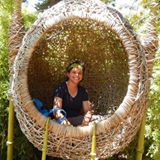 Gabriela Fleury
and 1 more
Gabriela Fleury
and 1 more
8 December 2023 1:38pm
My Experience and Takeaways at the 1st WildlifeScientific Conference
1 December 2023 4:42pm
Conservation of Kikuyu Escarpment Forest
1 December 2023 12:38pm
Impacts of Rhino Fence on other Wildlife Species
1 December 2023 9:25am
PhD Position- Nottingham Trent University UK
1 December 2023 7:13am
Into the Underwater Savanna: BRUV Surveys In Seagrass Beds
30 November 2023 6:12pm
Conservation of endangered birds in Kenya
30 November 2023 12:57pm
21 December 2023 4:48am
21 December 2023 9:32am
Paving the Way for Women: LoRaWAN Technology in Akagera National Park with Clementine Uwamahoro
 Esther Githinji
and 1 more
Esther Githinji
and 1 more
29 November 2023 5:22pm
Feeding the Curiosity: A Closer Lookat Acacia xanthophloea's Shifting Defenses
28 November 2023 2:26pm
2 December 2023 9:16am












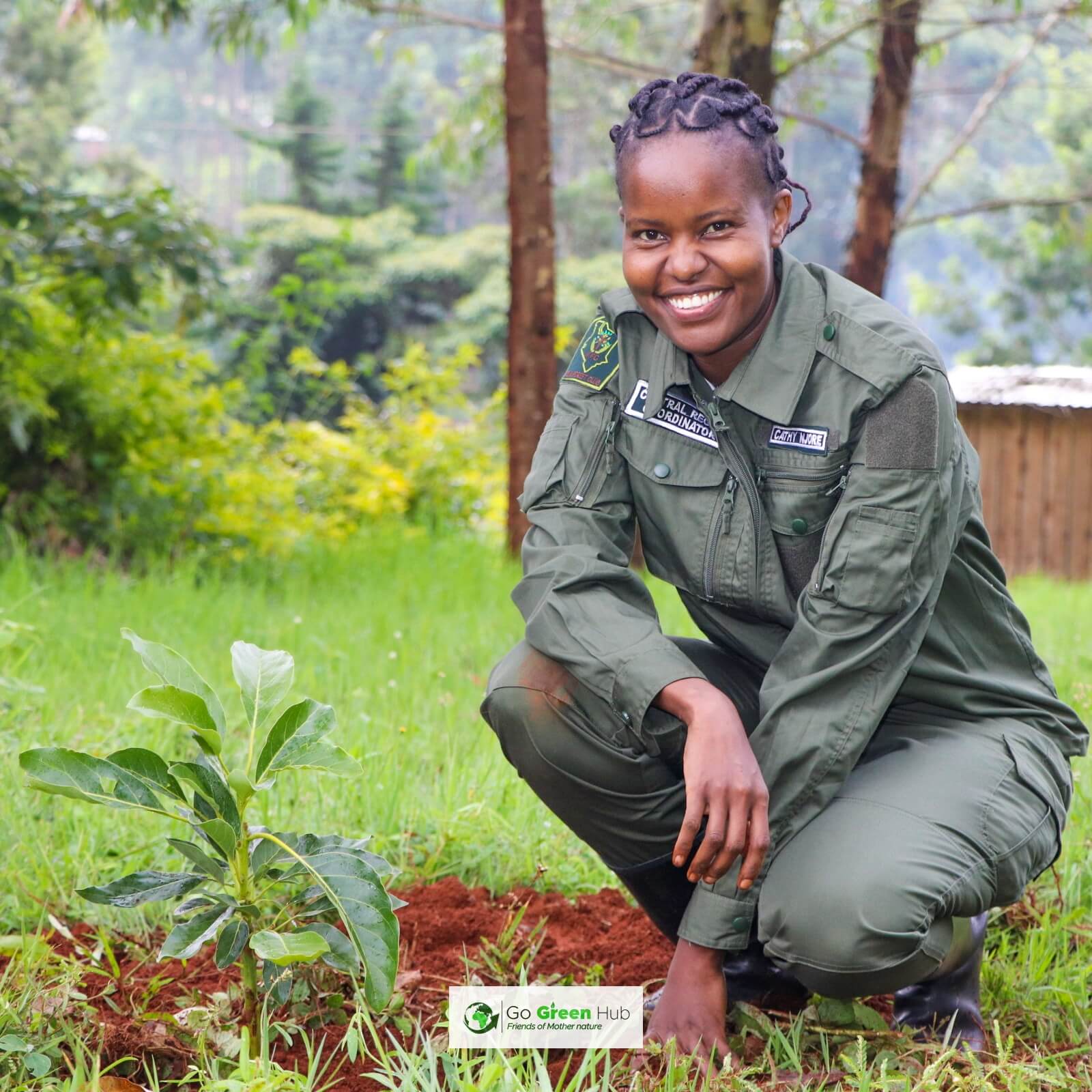
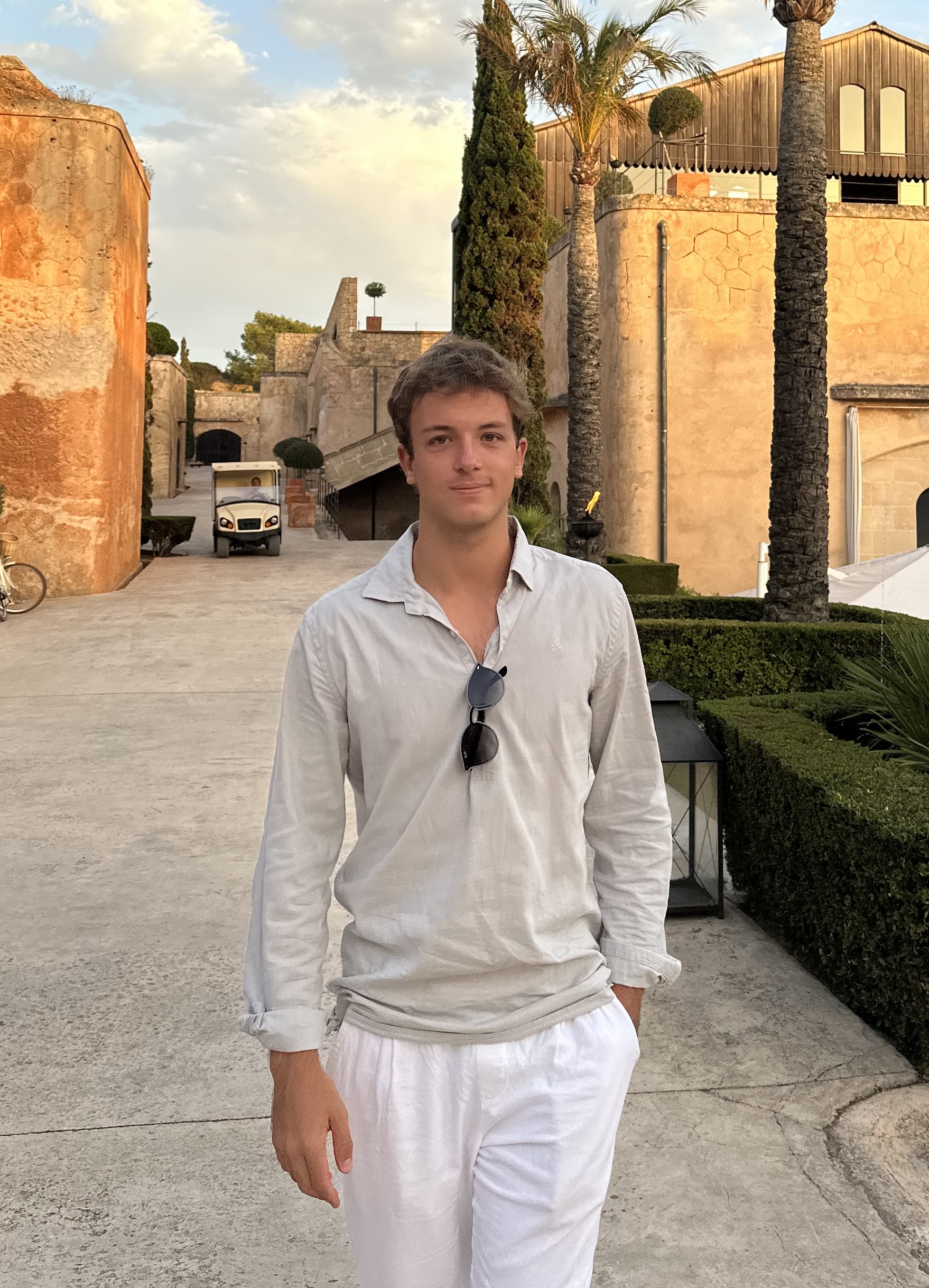
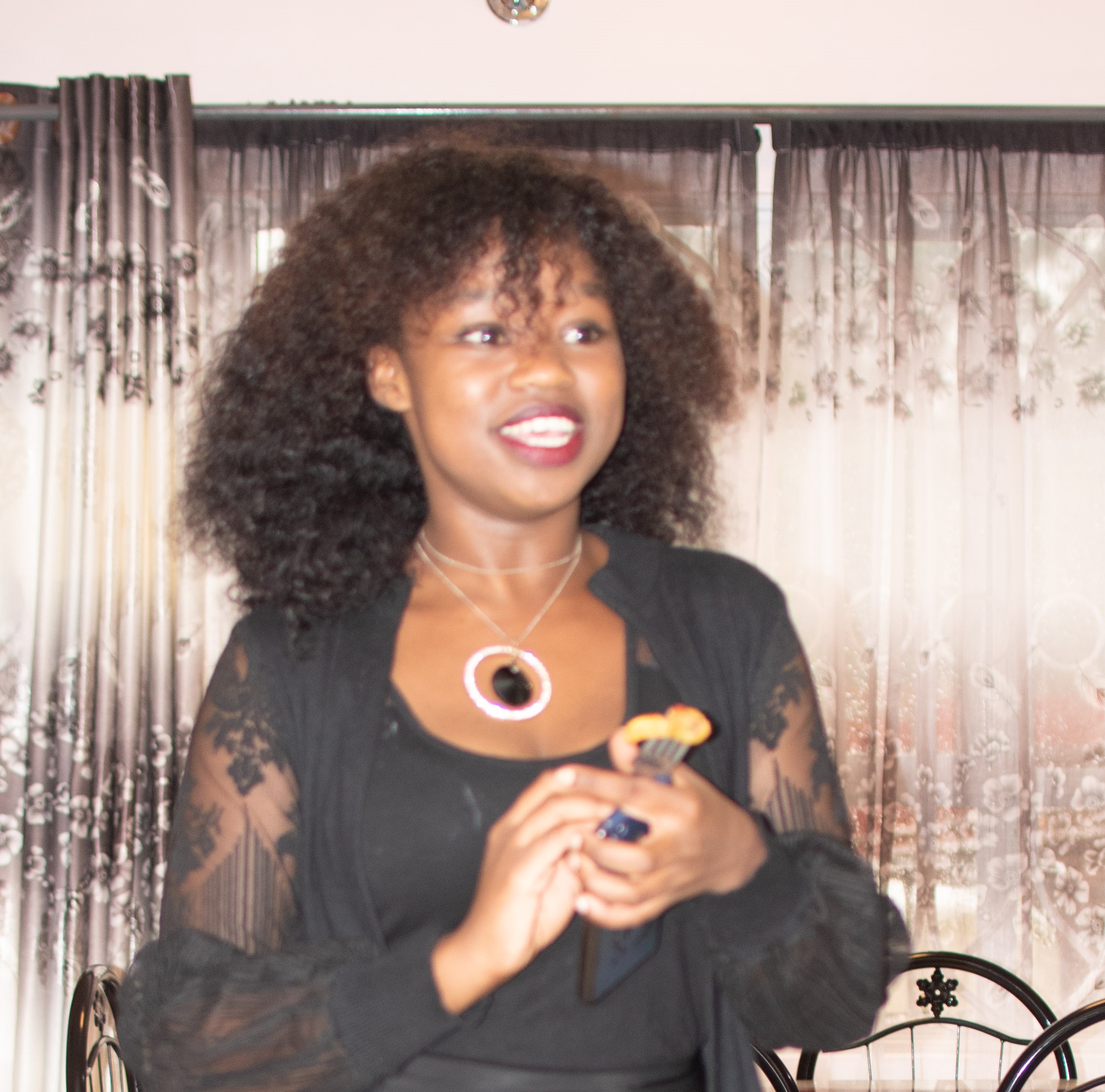




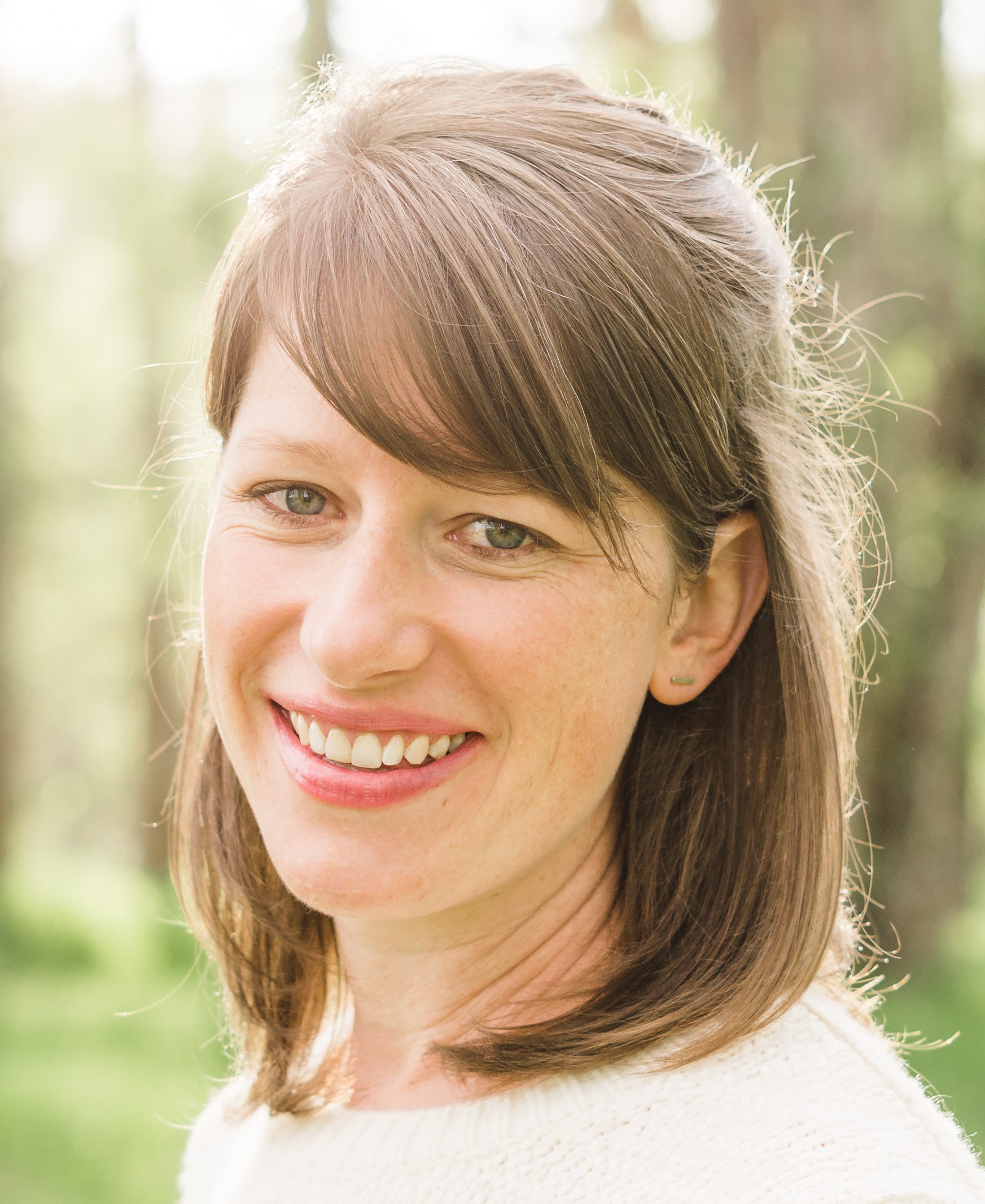


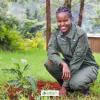










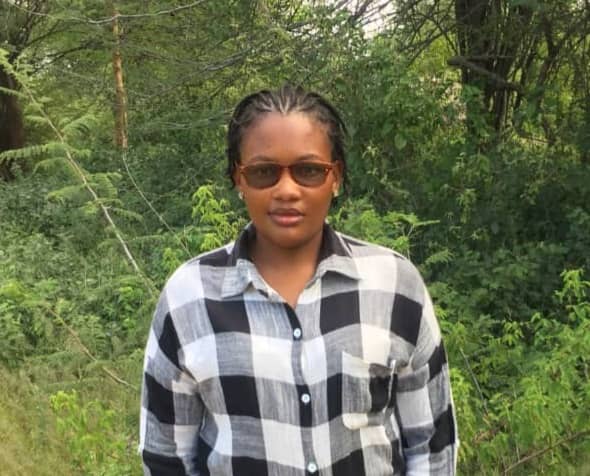






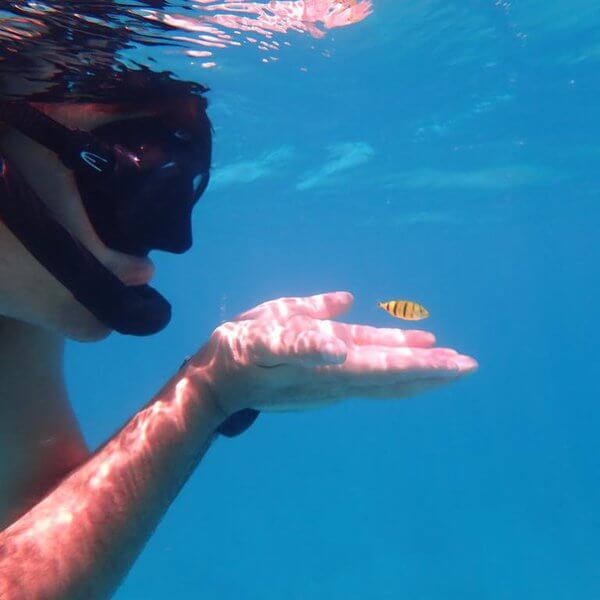
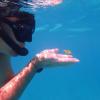







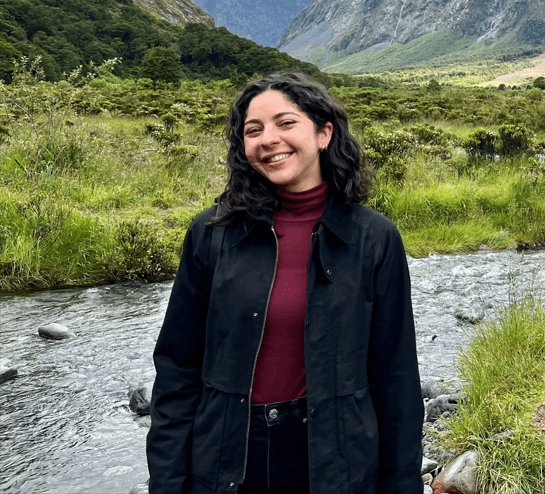
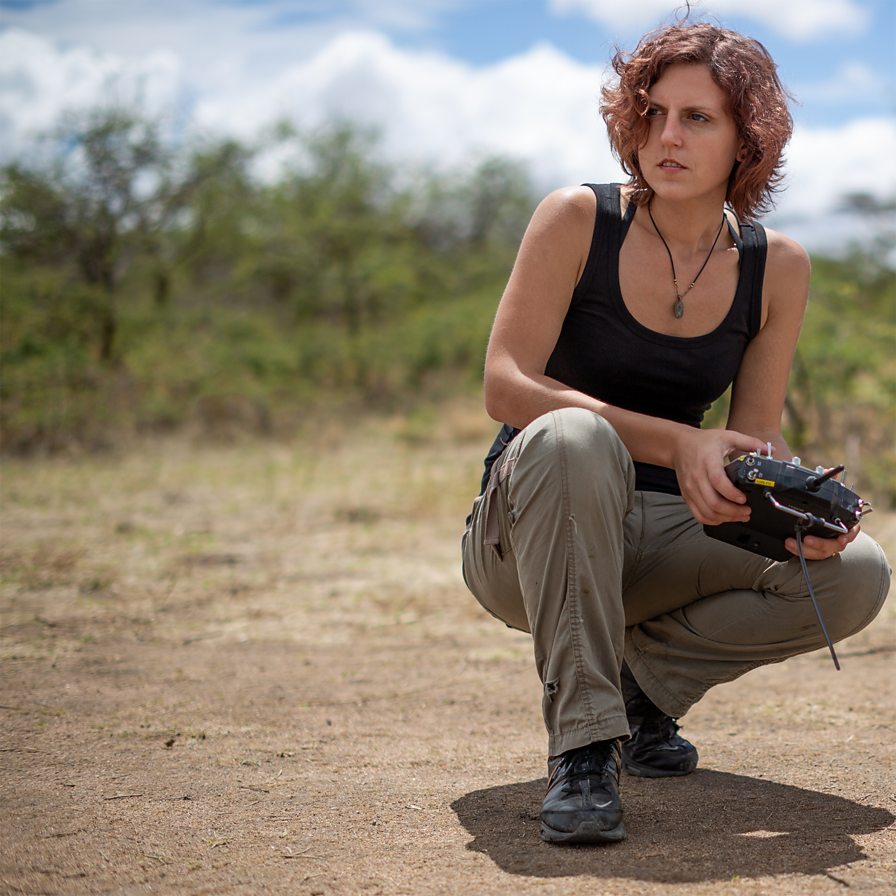
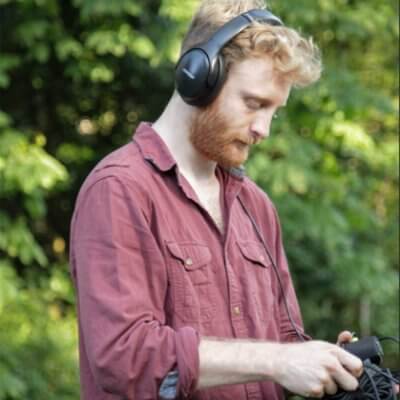
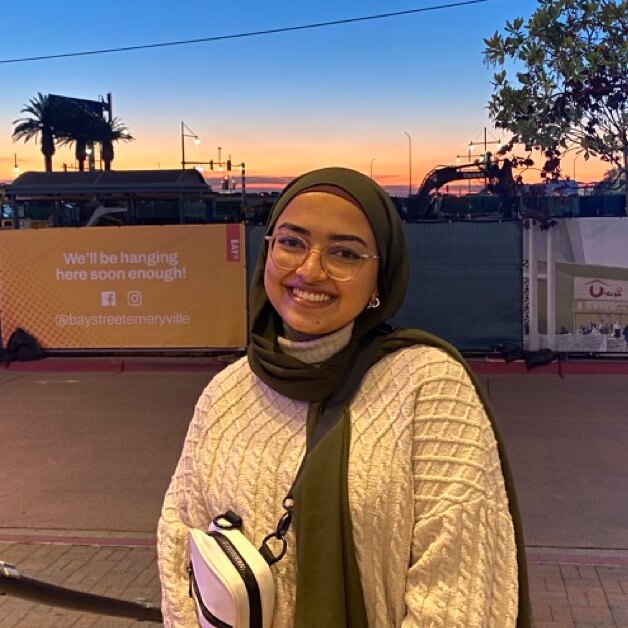
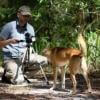

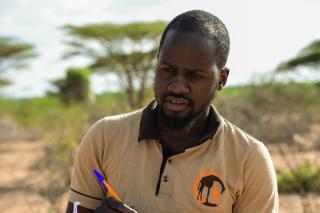
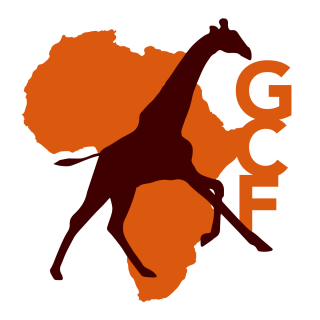
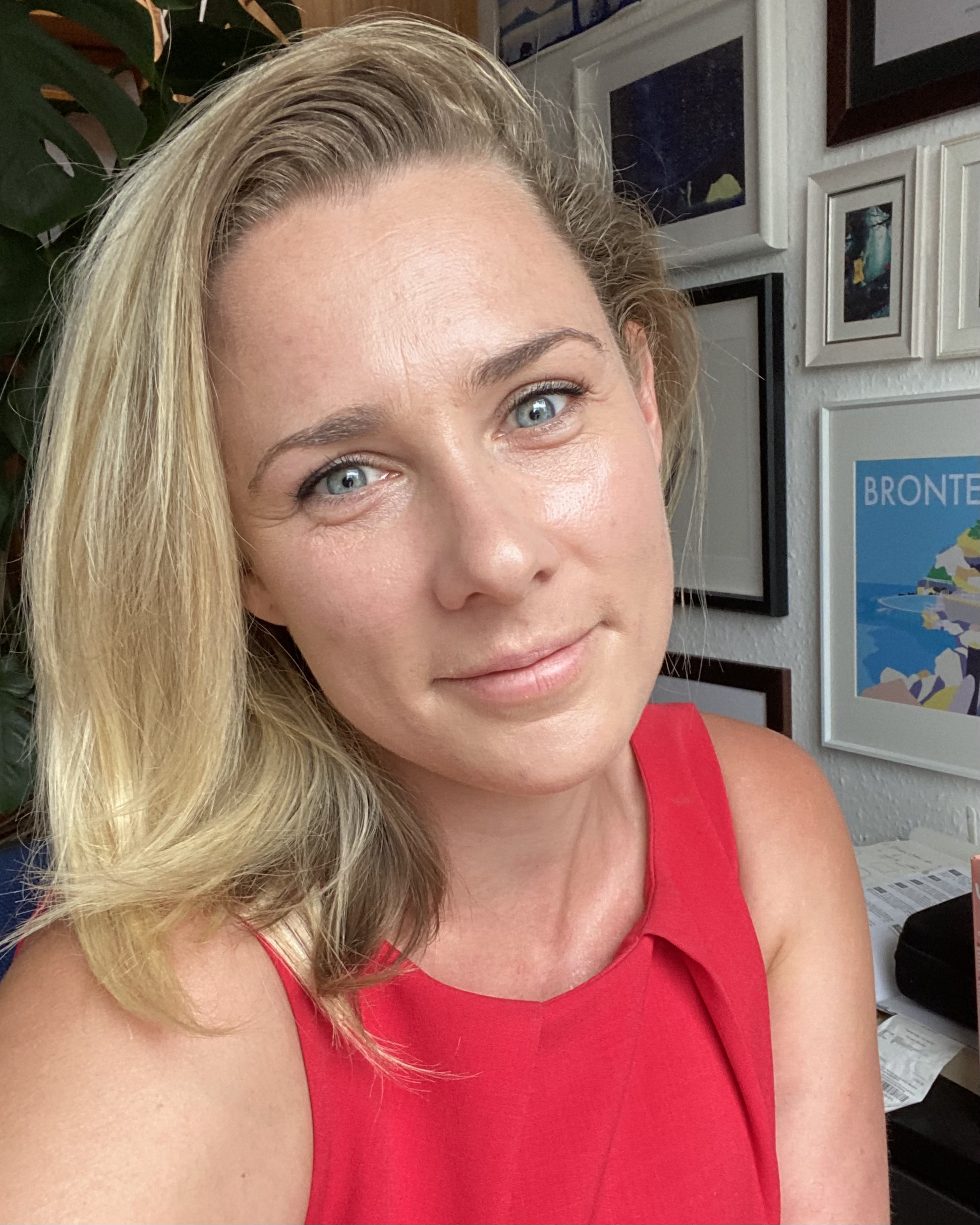


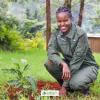
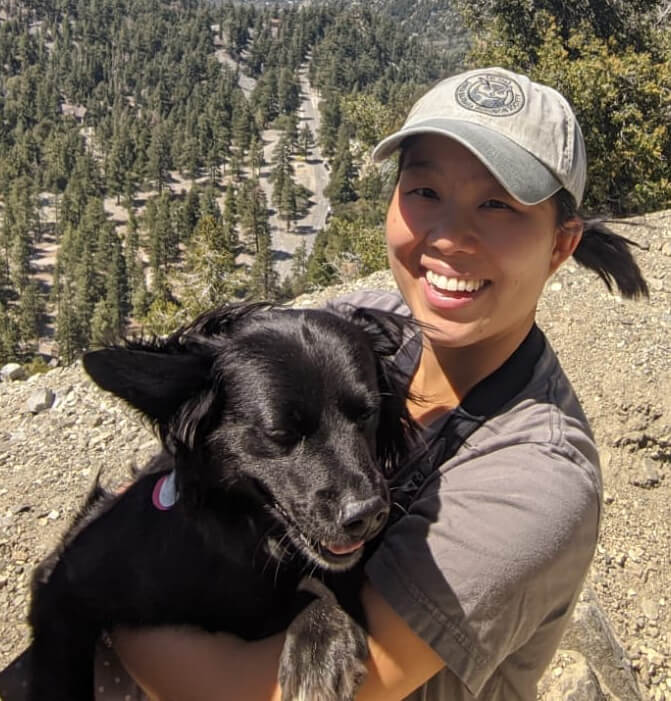

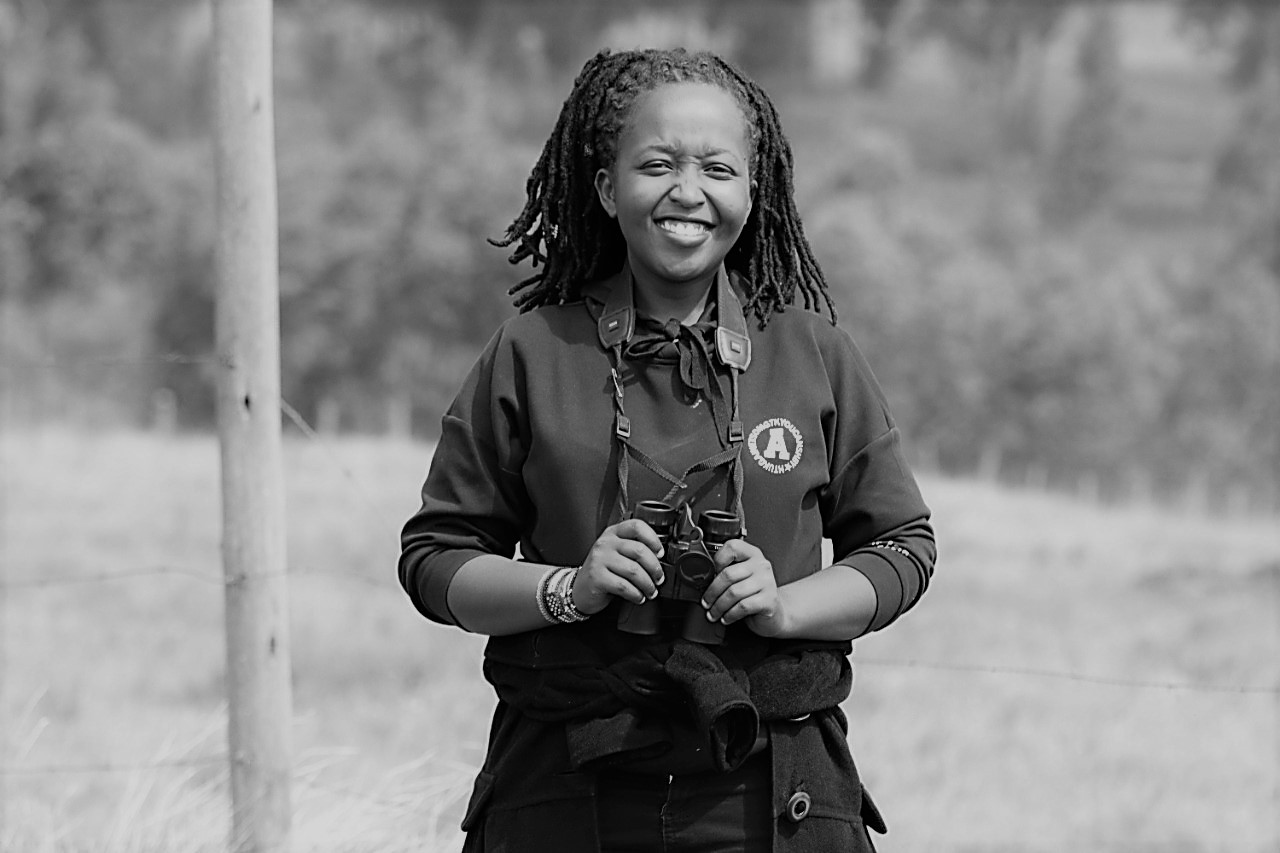


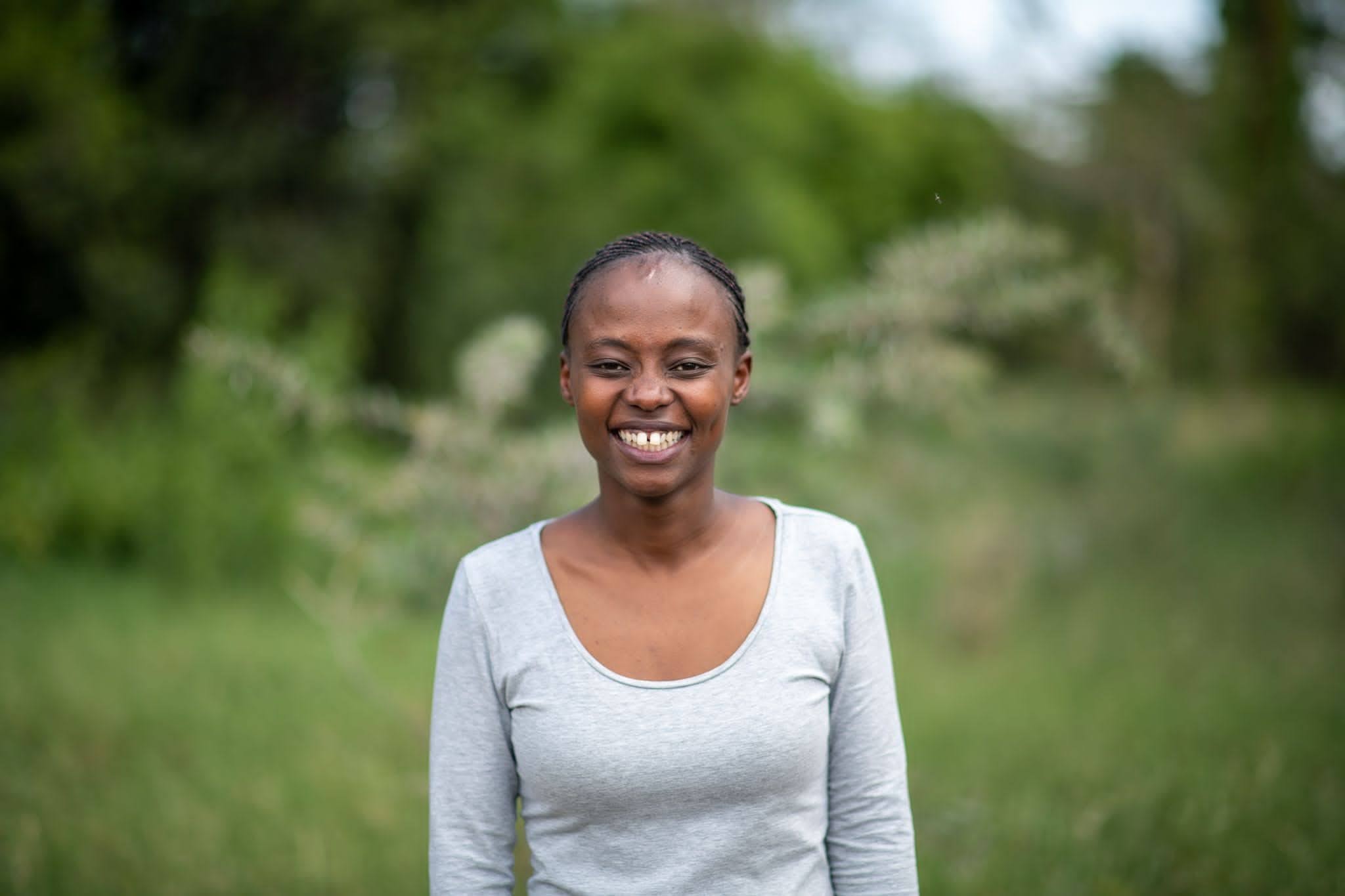

4 March 2024 5:34am
I remember the study in EA when they painted cows with zebra strips to stop the Tsetse fly bites. Sometimes it is the simplest things that work
Cows painted with zebra-like striping can avoid biting fly attack | PLOS One
Experimental and comparative studies suggest that the striped coats of zebras can prevent biting fly attacks. Biting flies are serious pests of livestock that cause economic losses in animal production. We hypothesized that cows painted with black and white stripes on their body could avoid biting fly attacks and show fewer fly-repelling behaviors. Six Japanese Black cows were assigned to treatments using a 3 × 3 Latin-square design. The treatments were black-and-white painted stripes, black painted stripes, and no stripes (all-black body surface). Recorded fly-repelling behaviors were head throw, ear beat, leg stamp, skin twitch, and tail flick. Photo images of the right side of each cow were taken using a commercial digital camera after every observation and biting flies on the body and each leg were counted from the photo images. Here we show that the numbers of biting flies on Japanese Black cows painted with black-and-white stripes were significantly lower than those on non-painted cows and cows painted only with black stripes. The frequencies of fly-repelling behaviors in cows painted with black-and-white stripes were also lower than those in the non-painted and black-striped cows. These results thus suggest that painting black-and-white stripes on livestock such as cattle can prevent biting fly attacks and provide an alternative method of defending livestock against biting flies without using pesticides in animal production, thereby proposing a solution for the problem of pesticide resistance in the environment.